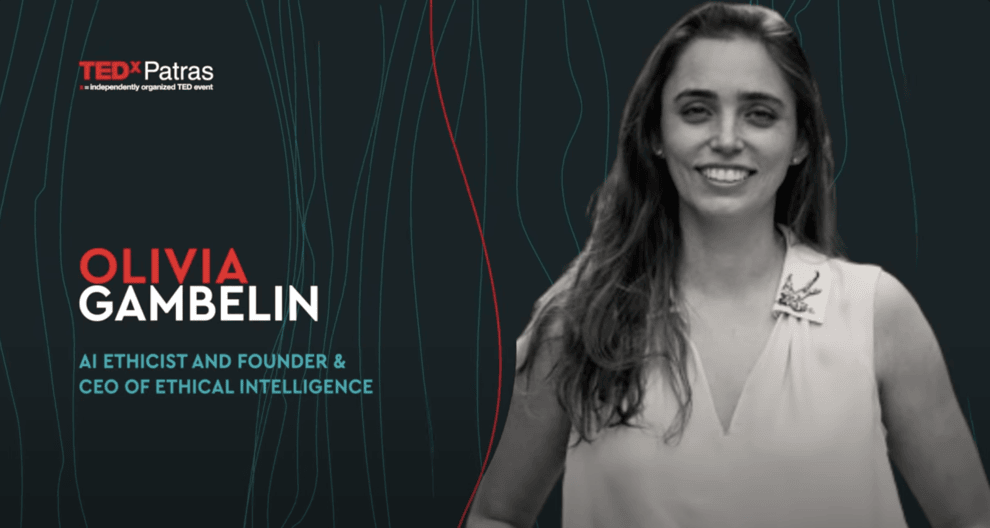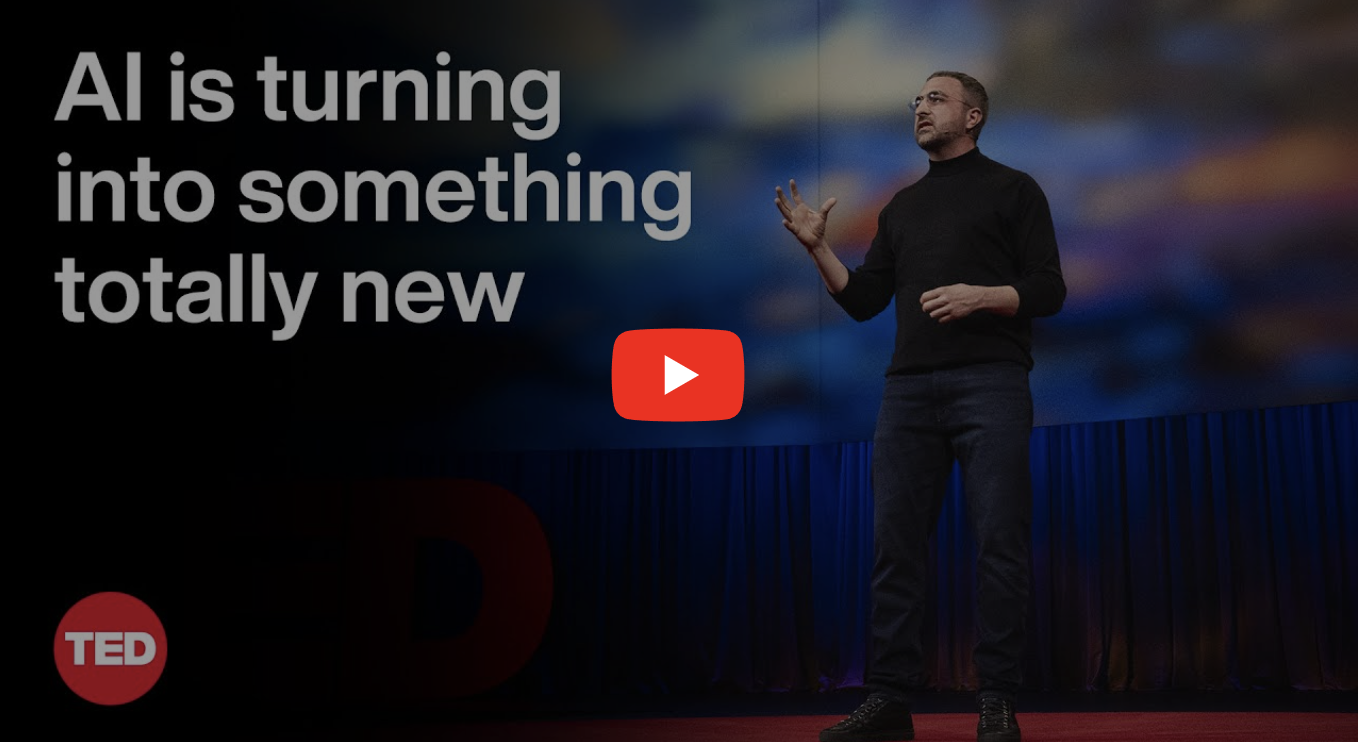Essential Reading at the Intersection of Journalism and Tech
We live in a pivotal moment where our most fundamental freedoms are being redefined not by laws alone, and also by code.
This collection curates the most vital discussions on Journalism and Technology because, in today’s world, the lines between civil liberties and digital life have dissolved.
The rise of super-humanoid AI and ever-present surveillance presents challenges with far-reaching consequences, from algorithmic bias threatening democratic integrity to powerful platforms silencing free expression. If we don’t actively question these systems, we risk losing the principles of justice, truth, and privacy. I believe that knowledge is the first step toward action. By reading and sharing these insights, you are joining the defense of digital rights.
To move beyond conversation, I have also carefully selected causes, like the International Consortium of Investigative Journalists (ICIJ) and the Electronic Frontier Foundation (EFF), that are on the front lines of this fight. Thank you for supporting their mission. Your attention and generosity make it possible to champion transparency and defend our rights on the digital frontier.
journalism and ethics collection
Support Ethical Investigative Journalism
About the Cause
Our mission is to advocate for honest reporting, which is why we suggest supporting the International Consortium of Investigative Journalists (ICIJ). This global network of reporters is dedicated to exposing corruption and injustice across borders, from global tax schemes to organized crime. Supporting the ICIJ is a direct investment in the world’s most rigorous, independent, and ethical journalism, ensuring the public has the facts needed to hold the powerful accountable.
Thirteen Journalists on How They Are Rethinking Ethics
Columbia Journalism Review–This piece brings together practitioners’ voices on how traditional ethical norms are changing (or resisting change) in a world of AI, polarized politics, and evolving media models.
Actually, it’s about Ethics, AI, and Journalism: Reporting on and with Computation and Data
Columbia Journalism Review–An elegantly written essay tracing the intertwining of computation, data, and journalistic ethics — how the tools reshape both story and responsibility.
Poking Fun and Story-telling: How Satire Holds Media and Politicians to Account
Ethical Journalism Network—An in-depth analysis of how satirists like John Oliver use humor to tackle complex ethical issues, such as the migrant crisis and the rise of the “post-truth” media environment.
Funny thing about journalism…
Jeremy Cummings, Medium—A personal essay offering a humorous and self-critical perspective on the modern news world, exploring issues like information overload, the passive news consumer, and the challenge of correcting misinformation.
technology and ethics collection
Support Technology Ethics
About the Cause
AThe Electronic Frontier Foundation (EFF) is the leading nonprofit organization defending civil liberties in the digital world. Founded in 1990, the EFF champions user privacy, free expression, and innovation through impact litigation, policy analysis, grassroots activism, and technology development. Their mission is to ensure that our rights and freedoms are enhanced and protected as our reliance on technology grows worldwide. They are a critical force in challenging surveillance and fighting for ethical AI regulation in courts and legislatures.

How Ethics Will Change the Future of Technology
AI Ethicist Olivia Gambelin shares her philosophy that ethics isn’t just about avoiding disaster; it’s a powerful tool for driving innovation. She explains how we can use our innate human values, like compassion and curiosity, as a “compass” to guide the design and development of good technology, rather than just worrying about compliance.
What is Technology Ethics?
Brian Green, Director of Technology Ethics at the Markkula Center of Applied Ethics, invites you to consider the heavy responsibility that comes with great technological power. He argues that as new tech gives us the ability to do things we never could before, we must voluntarily constrain ourselves with good judgment, making ethics the most practical skill we can learn.

What Is an AI Anyway?
Prompted by a surprisingly simple question from his six-year-old nephew, “What is an AI anyway?” technologist Mustafa Suleyman, co-founder of DeepMind and CEO of Microsoft AI, steps back from the hype and existential fears. He argues that we must stop thinking of AI as merely a tool and instead start viewing it as a new kind of “digital species,” a powerful concept that fundamentally changes how we must approach the ethics, governance, and control of this rapidly accelerating technology.
Subscribe to our collection of consequential communications!
Truthful information that directly affects you
